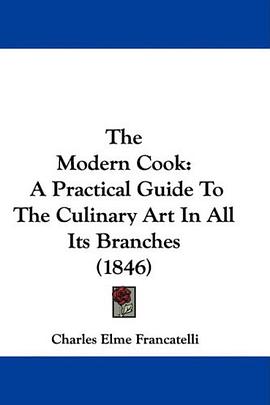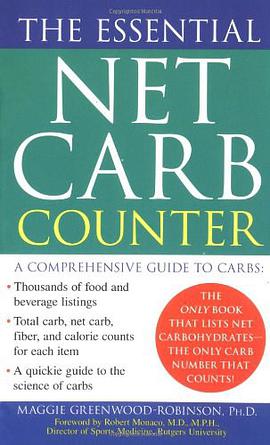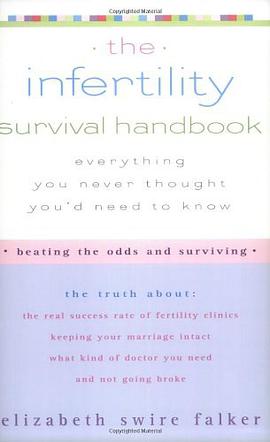

Today considered a landmark of twentieth-century intellectual history, "I and Thou" is also one of the most important books of Western theology. In it, Martin Buber, heavily influenced by the writings of Frederich Nietzsche, united the proto-Existentialists currents of modern German thought with the Judeo-Christian tradition, powerfully updating faith for modern times. Since its first appearance in German in 1923, this slender volume has become one of the epoch-making works of our time. Not only does it present the best thinking of one of the greatest Jewish minds in centuries, but has helped to mold approaches to reconciling God with the workings of the modern world and the consciousness of its inhabitants. This work is the centerpiece of Buber's groundbreaking philosophy. It lays out a view of the world in which human beings can enter into relationships using their innermost and whole being to form true partnerships. These deep forms of rapport contrast with those that spring from the Industrial Revolution, namely the common, but basically unethical, treatment of others as objects for our use and the incorrect view of the universe as merely the object of our senses, experiences. Buber goes on to demonstrate how these interhuman meetings are a reflection of the human meeting with God. For Buber, the essence of biblical religion consists in the fact that -- regardless of the infinite abyss between them -- a dialogue between man and God is possible. Ecumenical in its appeal, "I and Thou" nevertheless reflects the profound Talmudic tradition from which it has emerged. For Judaism, Buber's writings have been of revolutionary importance. No other writer has so shaken Judaism from parochialism and applied it so relevantly to the problems and concerns of contemporary men. On the other hand, the fundamentalist Protestant movement in this country has appropriated Buber's "I and Thou encounter" as the implicit basis of its doctrine of immediate faith-based salvation. In this light, Martin Buber has been viewed as the Jewish counterpart to Paul Tillich. This is the original English translation, available in America only in this hardcover edition of "I and Thou." Martin Buber considered Ronald Smith's the best of the English translations and it was prepared in the author's presence. The more poetic rendering, this translation can be looked at as the King James Version of Buber's "I and Thou."
具体描述
读后感
这个中午,头顶上的天空蓝得所向披靡,迷惑人心。太阳从我的右边照耀着,沿街看到盆景般静默的松柏。阳光底下坐着一群老妇人,全部穿着黑色或灰色的衣服。她们的脸上没有遗憾,没有软弱,没有歉意,仿佛也看不到同情之心,看不到温柔之心。 这些日子以来,我感觉自己日渐静默...
评分1.马塞尔·普鲁斯特 感官主义者:非意愿记忆;非意愿记忆是一种身体记忆,意愿记忆是一种大脑记忆。 2.吉尔·德勒兹 无器官身体与生成:大脑/身体的反逻各斯。 3.夏目漱石 《草枕》:非人情—“活在世间,但不属于它”。 4.费尔南多·佩索阿 阿尔伯特·卡埃罗:感觉主义。 ...
评分最近漫游于茫茫的孤寂中寻找答案,缓慢行走于思想的广袤高地中寻找答案。为什么需要答案?因为空虚,因为苍白,因为缺乏意义,因为无所依托,因为百无聊赖。面对这生命本身之无限空虚而带来的无限深渊,要么我们不做思考的沉浸并跟随所谓大众之经验与已有之成规,让自己在其间...
评分 评分从2018年起,读过的好书都准备写个书评,看过的好电影都要写个影评。这里“好”的定义是我评分在四星及以上。一来是整理自己的思路和心得,二来是与大家共享好的信息。 《我与你》是我2018年读的第一本好书。 作者马丁·布伯是德国著名的宗教哲学家。所谓宗教哲学,意指用哲学...
用户评价
相关图书
本站所有内容均为互联网搜索引擎提供的公开搜索信息,本站不存储任何数据与内容,任何内容与数据均与本站无关,如有需要请联系相关搜索引擎包括但不限于百度,google,bing,sogou 等
© 2025 book.wenda123.org All Rights Reserved. 图书目录大全 版权所有




















